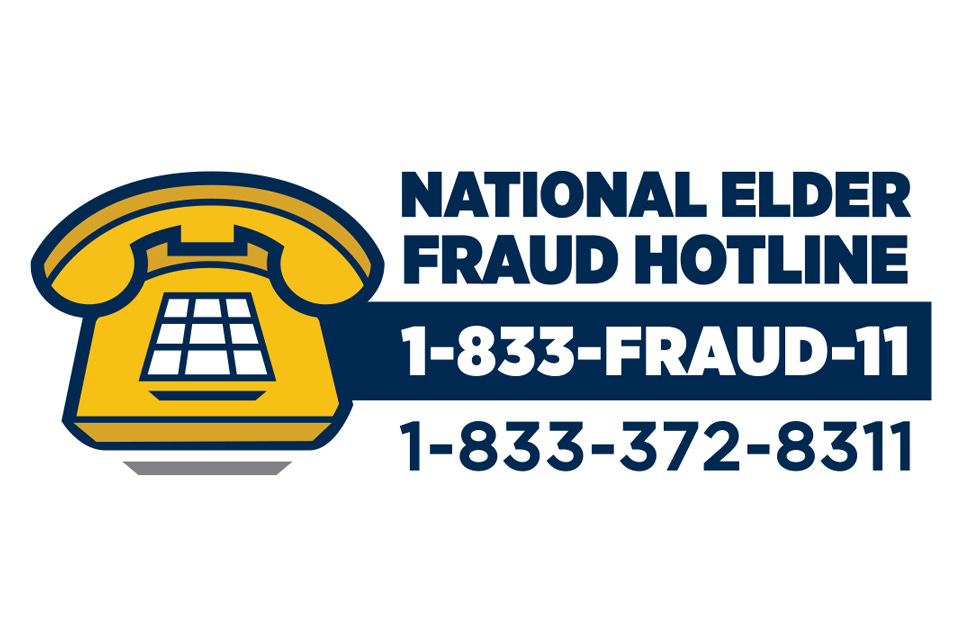PROVO, Utah – At an evidentiary hearing in Utah’s 4th District Court in Provo today, Judge Sean M. Petersen said he will rule next month whether two former Utah County residents will be bound over for trial for alleged abuse and financial exploitation of a vulnerable adult.
The virtual hearing is set for 8:30 a.m. on Monday, March 10 on Webex.
[Editor: Naming people who are not public figures is a serious ethical consideration in journalism. The general practice is to name arrestees and defendants if an official document is filed in the legal system. The Hardy Report reminds readers that an “innocent until proven guilty” disclaimer is not weighty enough to mitigate potential harm to any defendant who might subsequently be found innocent, or against whom charges might be dropped or revised. Some responsibility for fairness rests with the reader.]
Defendants Troy Lynn Lerwill, 58, and his girlfriend Katherine Gean Talley, 49, appeared at the hearing. They are each charged with Intentional Aggravated Abuse of a Vulnerable Adult and Financial Exploitation of a Vulnerable Adult, according to an information/probable cause statement filed on April 4, 2024. Both charges are second-degree felonies that carry prison terms of up to 15 years.
Attorney Scott F. Garrett of Dentons Durham Jones Pinegar represented the defendants. Attorney Sandi Kim Ness represented Utah County.
The case, which has been continued several times, concerns a 72-year-old lifetime Payson resident, “DJ,” who died April 12, 2021 while in the care of Lerwill and Talley, according to charging documents.
[Editor: The alleged victim’s name is recorded in public court documents. The Hardy Report also spoke to his family members outside of the courtroom at today’s hearing. At first, they talked openly, agreeing that their relative’s story deserves to be told. But after the hearing they said they were advised not to speak to the press. In respect for their change of mind, and after consulting other news professionals, The Hardy Report chooses to err on the side of caution and not publish their names at this time.]
Who Was DJ?
DJ was born the youngest of three children in 1948. His oldest sister died in Sept 1997, three months after her daughter died. Another sister died in 1945, four months short of her fourth birthday, according to her death certificate.
DJ had several jobs throughout his life including mechanic, truck driver, retail, and soldier. He was sort of like “Radar,” from the sitcom M*A*S*H, according to DJ’s nephew, testifying in today’s hearing. DJ did not carry a weapon; he basically did paperwork and filing, the nephew said.
The nephew described DJ as autistic and “socially inept.” DJ lived in his childhood home with his parents. After DJ’s mother died, he and his father lived together until 1999 when DJ’s father moved in with DJ’s nephew because “it wasn’t safe for him to live alone anymore,” the nephew testified. DJ lived alone after that, with regular interaction with the nephew’s family.
The nephew testified that he and his sister checked in on DJ every few days. They bought food, new clothes and tried to help DJ clean the house. “He wouldn’t let us touch his stuff,” he said.
The pandemic that began in March 2020 changed things, the nephew said. He was a traveling nurse and therefore exposed to COVID. “I didn’t visit DJ until I was vaccinated,” he testified. His sister “would drive by every couple of weeks,” he said.
Under cross-examination, Ness clarified that the nephew last saw his uncle on Jan 28, 2021, about 2.5 months before DJ died. “My sister still checked on him,” he said.
By February 2021, DJ’s nieces and nephew became concerned after seeing social media comments that DJ had not been seen around town as much, the nephew testified. Up until then, he said, DJ still drove his rusted-out 1987 Nissan pickup truck, or walked the streets collecting pen springs, nuts and bolts, or shopping for discounted food at the supermarket. “People hadn’t seen him,” the nephew said.
Next in this series: The Caretakers
Elder Abuse Resources:
In Utah: Phone: 1-800-371-7897, Monday - Friday, 8 a.m. to 5 p.m.
Online: Adult Protective Services
National Center on Elder Abuse
© All rights reserved. Direct licensing inquiries to The Hardy Report.





